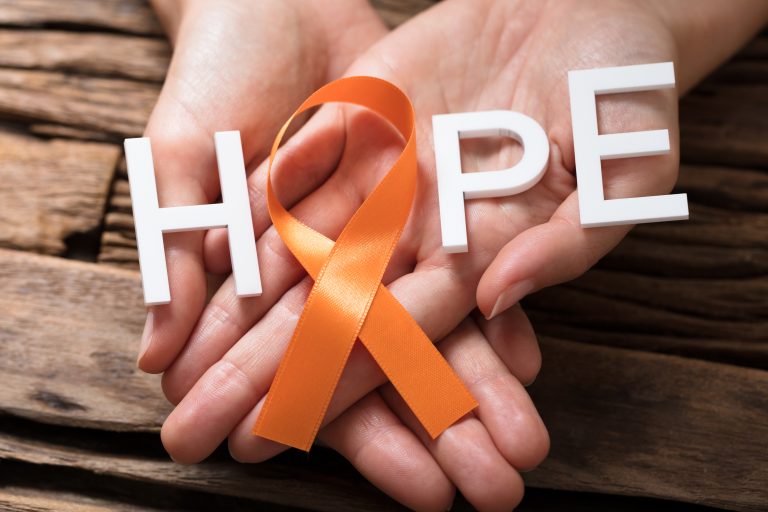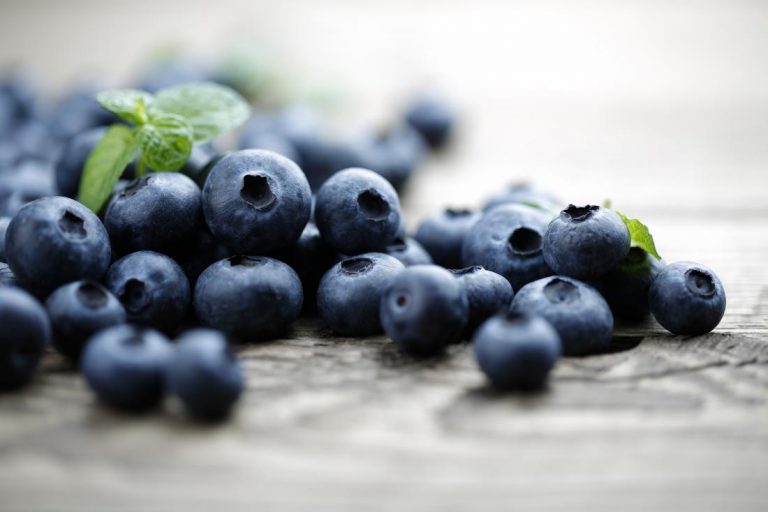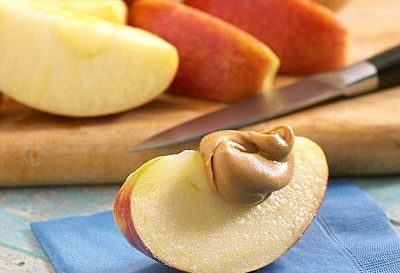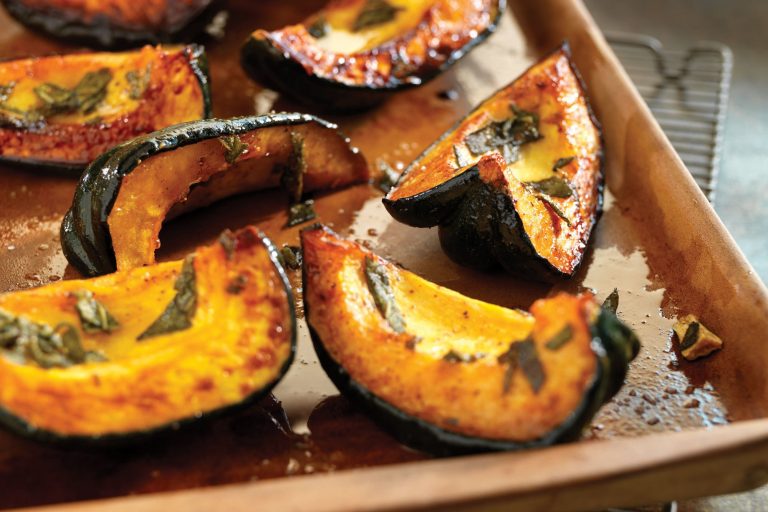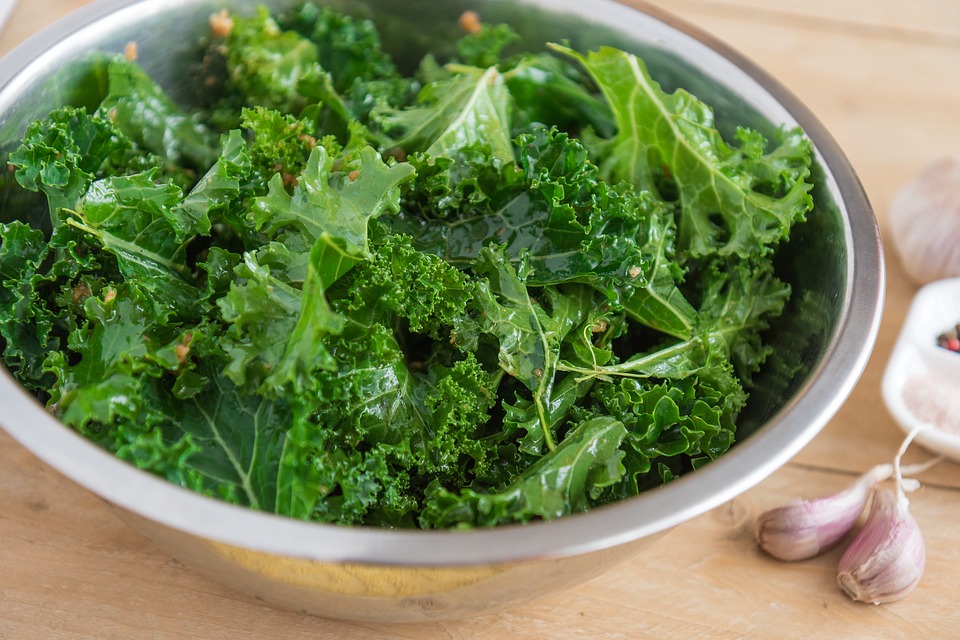
Nowadays you see kale everywhere. It seems like everyone is drinking kale smoothies, eating kale chips and incorporating kale into salads. If you have any interest in your health, you might already know that kale is great for you. However, you may not know exactly why.
In this article you will find out more about this nutrient-packed superfood so that you can understand the hype – check out the health benefits of kale!
Kale is packed with nutrients
Kale is one of the most nutrient-dense foods on the planet, meaning it packs a powerful nutritional punch per typical serving. One cup of kale provides more than 100% of the daily minimum target for immune-supporting vitamin C and over 200% for vitamin A.
The latter nutrient also supports immunity, as well as skin and brain health. Additionally, kale contains smaller amounts of key minerals, including potassium, calcium, magnesium, manganese, iron, copper, and phosphorus. It also supplies energy-supporting B vitamins and some plant-based omega-3 fatty acids and plant protein.
Kale promotes bone health
Kale is a top source of vitamin K, with one cup packing nearly 700% of the daily goal. In addition to helping blood to clot, this key nutrient protects bones. Vitamin K is required for bone formation, and several studies have shown that a shortfall is linked to increased fracture risk and osteoporosis.
It keeps inflammation at bay
Kale is a potent source of antioxidants known to reduce inflammation, a trigger of premature aging and disease. Antioxidants also counter oxidative stress, which occurs when there is an imbalance between the production of cell-damaging free radicals and the body’s ability to counter their harmful effects. For these reasons, kale is thought to be one of the top disease-fighting foods.
Kale protects the heart
Kale has been shown to reduce cholesterol by increasing its excretion and preventing cholesterol from being reabsorbed from the digestive tract into the bloodstream.
In one study in men with high cholesterol, the consumption of kale juice daily for 12 weeks increased “good” HDL cholesterol by nearly 30% and decreased “bad” LDL by 10%, while improving antioxidant status. Kale also helps fend off damage to artery walls, especially within the bends and curves most vulnerable to inflammation and hardened plaque buildup.
It may help reduce cancer risk
As a member of the cruciferous vegetable family (which also includes broccoli, cauliflower, Brussels sprouts, bok choy, and cabbage), kale contains natural compounds shown to help fend off cancer. This includes the ability to protect cells from DNA damage and mutations, inactivate cancer-causing compounds, slow cancer growth and spread, and even trigger cancer cell death.




